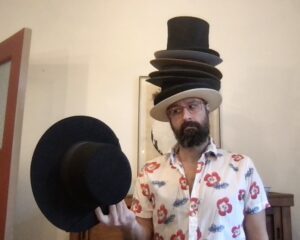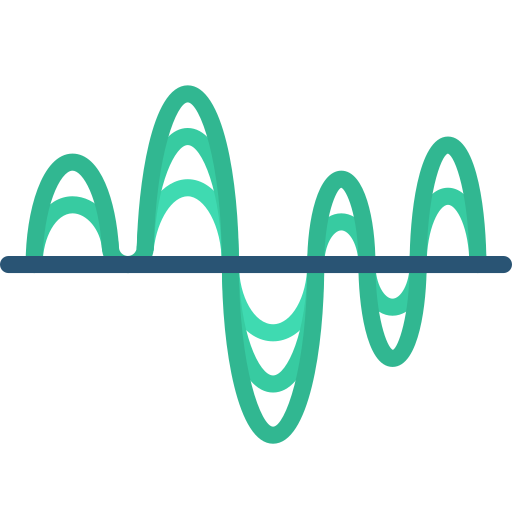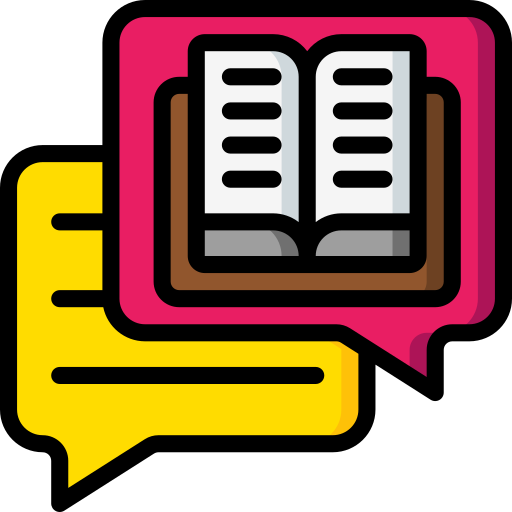
The teaching hat I don each day
I am a lot of things, but most of the time, I think I identify best as a teacher. This has been a blessing in my life and in many ways salvation too. At present, and since 2009, I work as an Assistant Professor at the Psychology Department of the University of Groningen.
Since then, I have had the privilege to work with thousands of students, mainly majoring in Psychology, but also, in some courses, from the entire spectrum of university degrees.
My teaching philosophy has been inspired by the work of many people, such as Maxine Greene, John Dewey, Paulo Freire, bell hooks. The greatest influences, however, have been the teachers I have had through my life and, most importantly, the students that I work with every day. They are my daily compass.
On this page, you can read about:
Courses I Teach
 Psychoacoustics
Psychoacoustics
The first theme in my teaching relates to my field of expertise, psychoacoustics, which is the scientific study of human sound perception. You can read more about the research that I do in this field (and why), in my Research Page. Wearing the psychoacoustician’s hat, I teach the following courses:
1. I teach first-year Psychology students about sound perception and the auditory scene in their Biopsychology course.
2. In the third-year elective course Sensation and Perception, I teach about auditory physiology, the perception and production of speech and music, and more general auditory perception matters.
3. In the Research Master of Behavioural and Cognitive Neurosciences, I teach the course Auditory and Visual Perception, where we deal with all matters of sound in great depth, starting with the physics of sound and auditory physiology, to basic mechanisms of pitch, loudness, and spatial perception, to tackling the problems of hearing impairment and speech perception.
 Research Methods
Research Methods
The second theme in my teaching relates to research methodology, ethics, reproducibility, and adjacent topics, such as research integrity, open science, publication ethics, epistemology, science communication, and sundry. In this category, you’ll find me teaching the following courses:
1. There is no getting around the fact that most methods courses have horrible names (with notable exceptions); such is the case for the course Research Instruments Critically Considered, which I teach in the Minor Psychology in Society. Behind this name, one can find a course that aims to help students be better-informed citizens and consumers of (psychological) science news in their daily lives. In a quick seven weeks, we cover basics of epistemology, psychology’s quest (desire?) to be a science, operationalisations of psychological constructs (and their pitfalls), research designs and their limitations, some basic statistical concepts, and spend a lot of time looking at examples and analysing them.
2. I don’t know how this ever happened, but my all-time favourite course to teach is Research Methods: Theory and Ethics (an informative, if not exciting, name). This is core course in the second-year of the Psychology Bachelor and builds on fundamentals covered in a first-year introductory course, while sitting alongside a practical course where students get hands-on experience conducting research (which I designed and used to coordinate). Throughout the course, we deal with evidence (what it is, how do we evaluate it); the various crises of confidence in the history of the social sciences (focusing on the most recent among them), their sources and solutions; replicability and reproducibility; preregistration; researcher degrees of freedom (my preferred way of thinking about p-hacking); science values, including the tension between openness and privacy; demand characteristics and experimenter bias; qualitative methodologies; epistemic justice; the concepts of causality, uncertainty, truth; and much else. I use my own version of Specifications Grading for stimulating engagement and offer much freedom so students feel empowered to choose their own path within this broad and important field.
 Special Mentions
Special Mentions
There’s a few courses that don’t fit this clear distinction of themes, but are no less important to me.
I mentor the students in the Cognitive Neuroscience & Modelling track of the Behavioural and Cognitive Neuroscience Research Master, organise the Introduction to the Behavioural and Cognitive Neurosciences course and teach Science Ethics and Integrity.
In the past
I taught for many years in the Honours College at the University of Groningen and have enjoyed it tremendously. There, I taught
1. A science communication/blogging workshop
2. A project-based course on higher education values, principles, and methods in the final semester of the Bachelor Honours
and
3. I supervised groups who conduct research in the second year of their bachelor
Finally, I used to teach a course on Scientific Integrity to all PhD students of the Faculty of Behavioural and Social Sciences in Groningen (which was sadly ended when integrity training became centralised).
Degrees of Freedom
Degrees of Freedom is a podcast I co-host since 2021. Marcello Seri and I aim to empower learners and teachers in Higher Education in their goals. We host conversations between teachers and students on pedagogical, practical, cultural, and inspirational topics with the goals of strengthening the community and its members.
Subscribe to the Podcast
or listen to the latest episode here:
Turning the Page on Pedagogy
Turning the Page on Pedagogy (TPP) is a book club that serves the community of teachers and learners in higher education, in Groningen, the Netherlands. The book club is open to everyone (students and teachers alike) who is interested in educational philosophy, didactics, and educational practice. We meet four times per year and share conversations about a book that we select and read. It is supported by the Teaching Academy Groningen.
Learn more and join us


